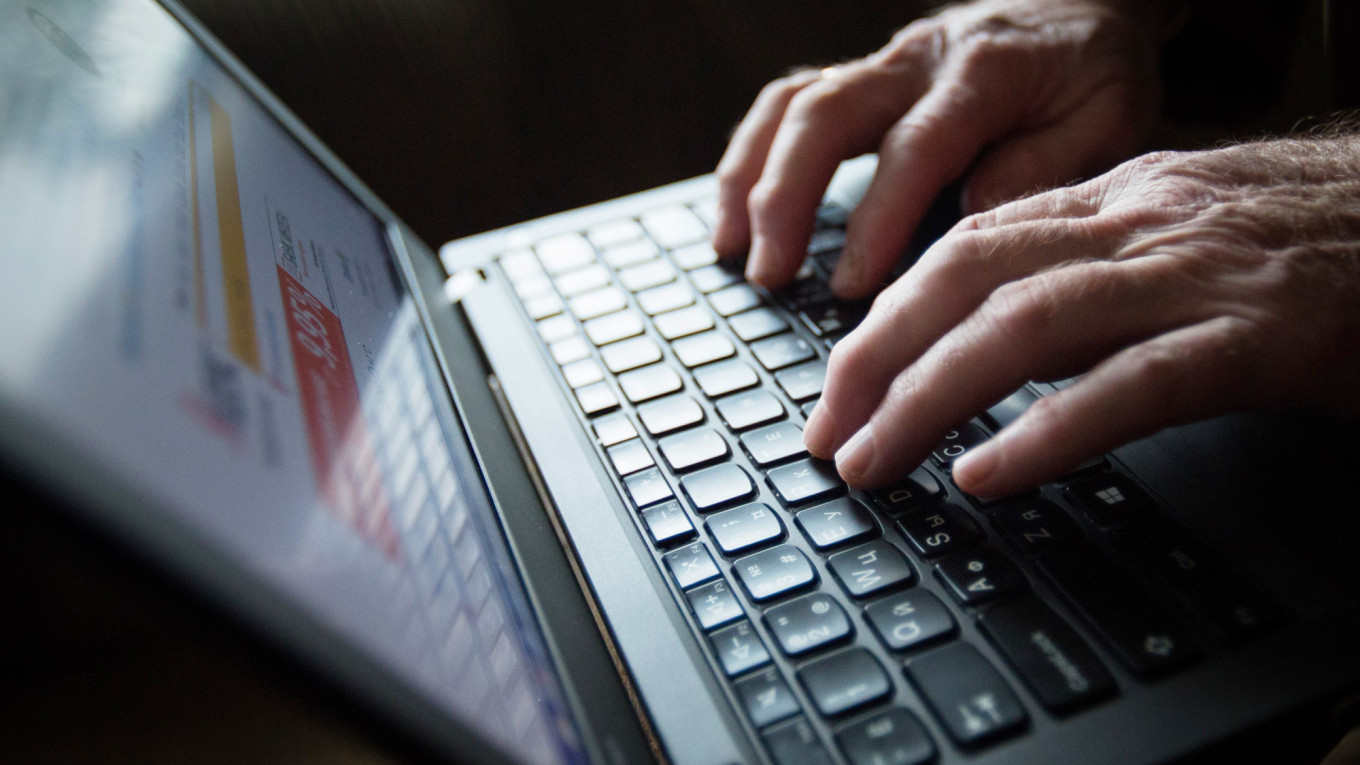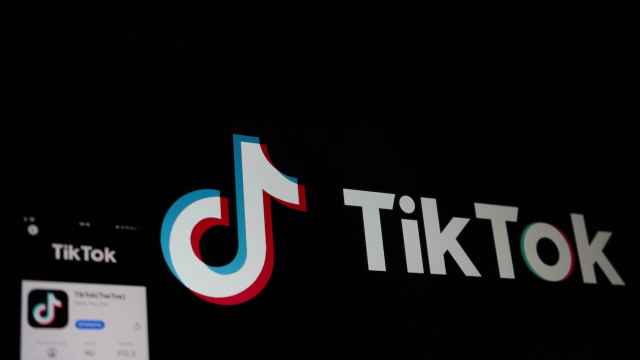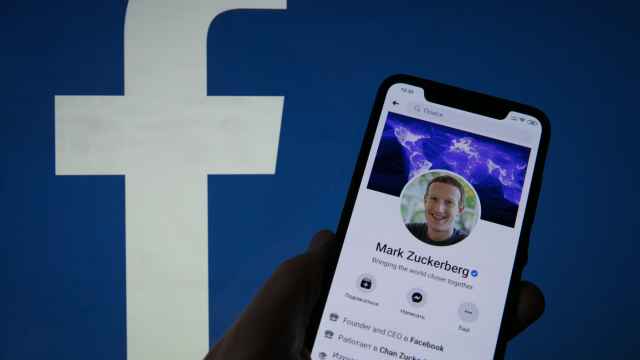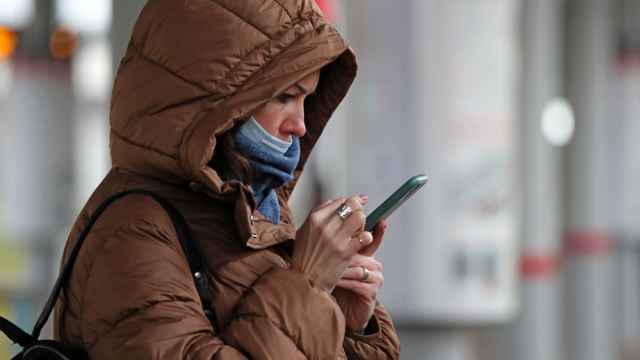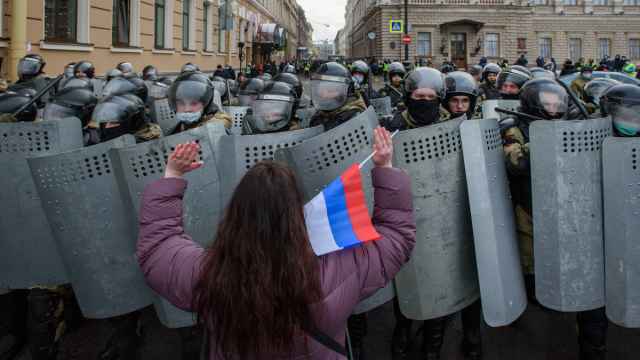Russia has launched a probe against YouTube for "abusing" its dominant position in the market by making "biased" decisions about comment moderation, a government regulator said on Monday.
The move comes as Russia ramps up pressure on foreign tech platforms, with Moscow stepping up its efforts to control the Russian segment of the internet.
The Federal Anti-Monopoly Service said that YouTube's rules relating to the suspension or deletion of accounts are "opaque, biased and unpredictable."
"This leads to sudden blocking and deletion of user accounts without warning and justification," the anti-monopoly regulator said in a statement.
It added that "such behaviour can lead to the infringement of the interests of users" and the "restriction of competition."
The regulator said it had launched the probe after receiving a complaint from the Regional Public Centre for Internet Technologies (ROTsIT), a group presenting itself as defending the interests of Russian internet users.
"The fact that the publication and broadcasting of video content in Russia can be regulated by the legislation of other countries is not correct," ROTsIT said in a statement in December announcing its complaint.
Russia regularly fines foreign internet companies like Facebook and Google, which owns YouTube, for failing to comply with its legislation.
Earlier this month Russia fined Twitter and TikTok for failing to remove calls for people to join opposition protests.
Authorities had in January accused foreign social media platforms of interfering in Russia's domestic affairs by not deleting calls to rallies in support of jailed Kremlin critic Alexei Navalny.
President Vladimir Putin that month complained about the growing influence of large technology companies that he said are competing with states.
In December, Russian lawmakers passed legislation that gave authorities the power to block internet platforms like YouTube if they are deemed to have censored content produced by Russians.
Russia has banned a number of websites that have refused to cooperate with authorities, such as LinkedIn.
A Message from The Moscow Times:
Dear readers,
We are facing unprecedented challenges. Russia's Prosecutor General's Office has designated The Moscow Times as an "undesirable" organization, criminalizing our work and putting our staff at risk of prosecution. This follows our earlier unjust labeling as a "foreign agent."
These actions are direct attempts to silence independent journalism in Russia. The authorities claim our work "discredits the decisions of the Russian leadership." We see things differently: we strive to provide accurate, unbiased reporting on Russia.
We, the journalists of The Moscow Times, refuse to be silenced. But to continue our work, we need your help.
Your support, no matter how small, makes a world of difference. If you can, please support us monthly starting from just $2. It's quick to set up, and every contribution makes a significant impact.
By supporting The Moscow Times, you're defending open, independent journalism in the face of repression. Thank you for standing with us.
Remind me later.


